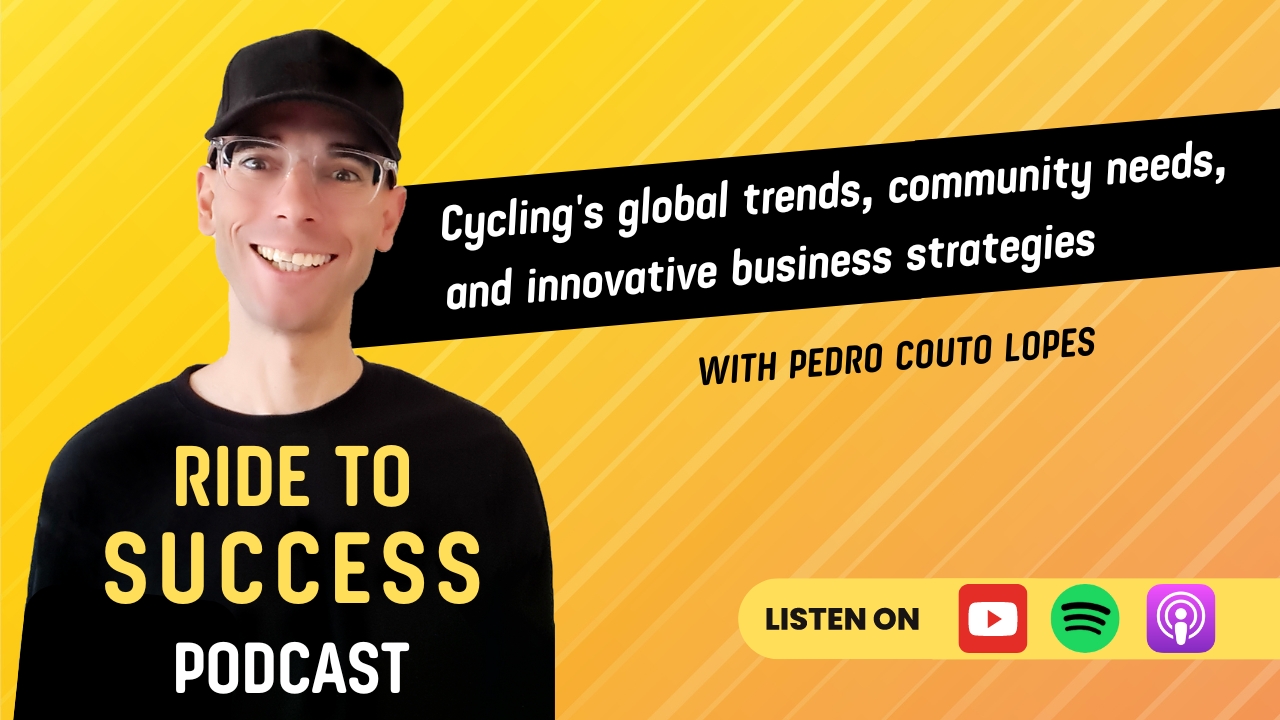By Emma Frazer, PhD Hispanic, Portuguese and Latin American Studies candidate, School of Modern Languages – Emma Frazer tells us about her summer internship working on Project FIAS with Professor Martin Hurcombe and Associate Professor Fiona Spotswood.
Over the summer of 2024, I conducted a six-week PGR internship with Professor Martin Hurcombe and Associate Professor Fiona Spotswood. I had previously assisted them with an event called Game On, which involved a documentary-screening and academic discussion group on women’s sports. This internship provided me with the opportunity to continue working with them. They have created a framework that works on Fostering Inclusivity in Action Sports (FIAS), with a focus on women in mountain biking.

(L-R) Associate Professor Fiona Spotswood chairs a panel discussion with Sue Anstiss MBE, Aneela McKenna (Mòr Diversity), Aoife Glass, Zoe Woodman and Professor Jean Williams.
My PhD is researching the ways in which playing football empowers women beyond the pitch, exploring the cases of Buenos Aires and Rio de Janeiro, where I conducted my ethnographic research. The FIAS project has also used ethnographic research, and is again exploring women in sports, but it is further along than my own research, which means it has provided me with a really useful insight into how my work could develop in the future.
In particular, during my internship, the FIAS project has been at the stage of working on impact and dissemination by exploring case studies and reaching out to wider audiences. They have been experimenting with different ways to present their findings within the mountain biking community and beyond, including sporting institutions, stakeholders and policy-makers. It has been invaluable to learn how projects can progress from the research stage and be disseminated to a wider audience, beyond academic circles, and how the impact of that can begin to be measured too.
You can view a summary of the framework here FIAS_Framework_Snapshot_002-1

My internship began with me working with their framework in the form of editing a presentation, as well as a short and long framework. By presenting their work in different formats of different lengths, I was able to see how the work can be adapted depending on the audience and the objective, with varying amounts of detail included. It also showed me the importance of strong, cohesive messaging, as well as clear, actionable goals. From there I developed a two-pager document myself for the project, which can be disseminated to organisations and stakeholders, but which can also be used as a policy brief.
Following the two-pager, I wrote up case studies of different women’s mountain biking organisations who have used the framework. This was a useful process as it showed me how I might include the case studies from my own ethnographic research within my PhD, as well as how they can be presented in the future dissemination of my work.
Finally, I was involved in the marketing strategy for how to effectively reach different audiences with the framework. Having done some research, it was clear that direct messaging to members of different mountain biking and action sports organisations would be the most effective method. These can range from local groups, such as Women Ride Bristol, to cycling institutions, such as British Cycling. I then reached out through various groups to pass on the framework.
As a result of the internship, I have been able to learn the dissemination process of academic work to a wider audience, as well as how to provide the tools so that the research can have an impact in the real world, and how to measure any impact it might have.
Emma Frazer is a PhD Latin American Studies candidate with research interests in Latin America, sports, gender, empowerment, and ethnographic fieldwork. To read more about the FIAS project with Professor Martin Hurcombe and Associate Professor Fiona Spotswood, including the recently launched toolkit and framework, visit the project website and Instagram. To read more PGR summer internship projects, visit ArtsMatter.

























